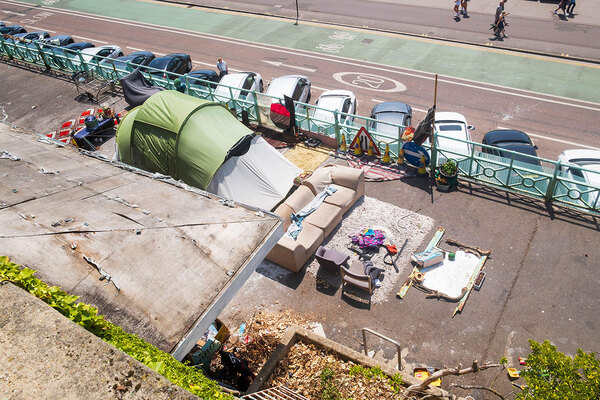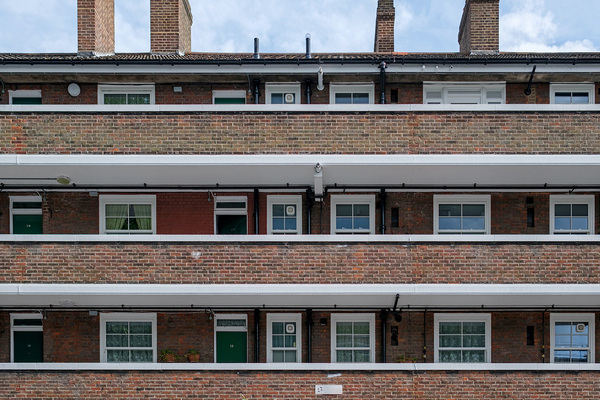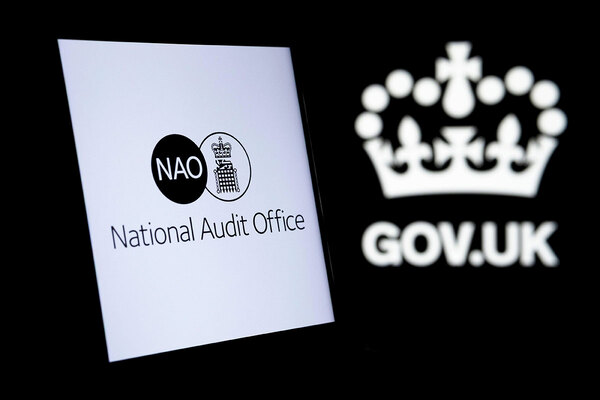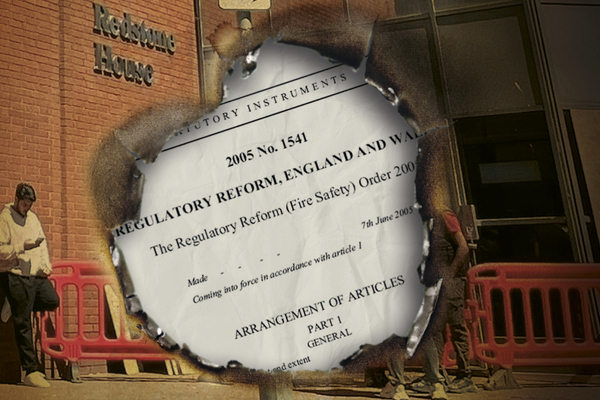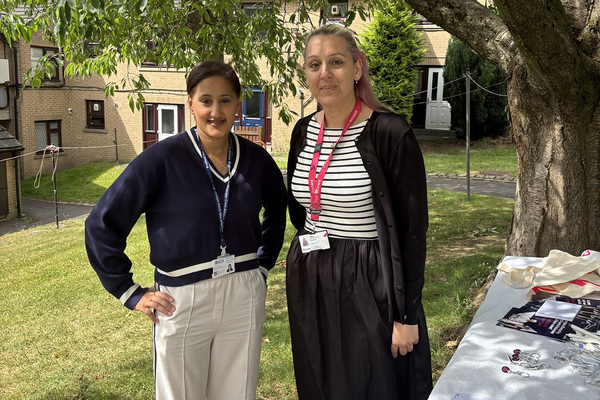You are viewing 1 of your 1 free articles
Ombudsman issues warning on impact of devolution on council mergers and model used by associations coming together
The housing ombudsman has warned of the impact of devolution on local councils and how the model used to merge by some associations could lead to future housing issues.
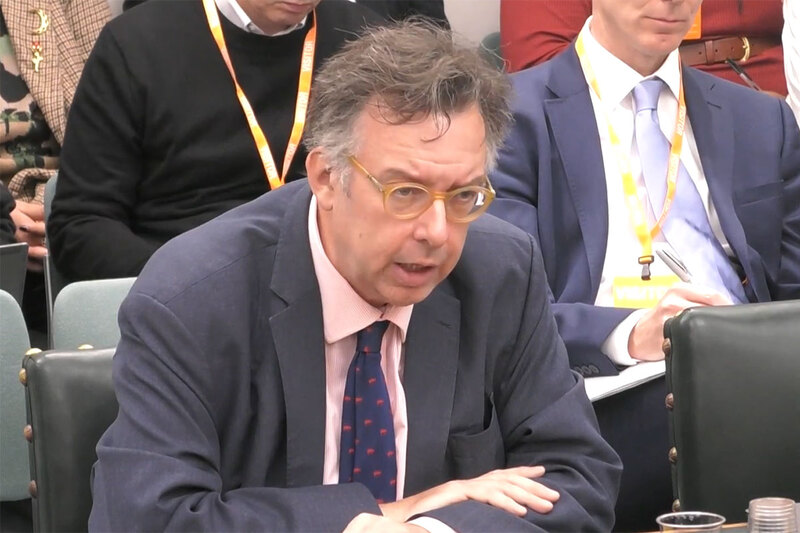
Richard Blakeway pointed to trends in the profile of social landlords that are seeing failings, while giving evidence to a Housing, Communities and Local Government (HCLG) Committee inquiry into housing conditions in England yesterday.
He said that when the service carries out further investigations into landlords due to a high level of failing, there are “two strong features” – local authorities and merged housing associations.
“And that’s important in the context of significant structural change that we’re going to see with the English devolution bill, the number of non-social housing local authority landlords joining those that are, that’s a big shift, as well as potentially significant merger activity within the housing association sector, and that could be a real trigger of issues as well.”
Mr Blakeway revealed that some four-fifths, 83%, of the ombudsman’s further investigations involve merged housing associations, the majority of which had merged over the last decade and in some cases more than once.
But he acknowledged that some landlords that had merged do not have a significant level of casework or failure, and suggested it may be the model used rather than the merger itself.
He added: “It’s a factor that needs to be reflected on.”
On the condition of social housing more generally, Mr Blakeway said the volume of cases they receive show the scale of the challenge, with the watchdog receiving a phone call roughly every 25 seconds.
He said there had been some improvement on how landlords handle complaints but the watchdog is still seeing the same challenges such as poor communication and record-keeping, the level of responsiveness, inspections and risk assessments.
Another challenge in his view is a lack of any “single source of truth”, and Mr Blakeway suggested the sector and policymakers in general could benefit from a national standard on record-keeping.
He cited conflicting figures from the English Housing Survey and those that had been self-reported to the regulator on levels of non-decent homes in housing associations and councils.
The HCLG committee heard conflicting views on the general condition of social housing in the country.
Asked to describe the state of social housing in England today, Kwajo Tweneboa, housing campaigner and writer, said: “it’s still appalling.
“The first half of this year has been the busiest that I’ve had in the five years that I’ve been campaigning.
“Some of the cases that I’m dealing with are far worse than what I was dealing with when I first started.”
He cited serious concerns around residents’ health and safety, stigma, unprofessionalism, a lack of serious accountability and action.
“It means tenants don’t feel like things have improved,” he added.
“There’s a lot of lip service but, from what I’ve seen, not enough action happening in terms of really tackling this crisis, especially more than eight years on since Grenfell.”
But Alistair Smyth, director of policy and research at the National Housing Federation, told the committee that 91% of the trade body’s members’ homes meet the Decent Homes Standard (DHS), which is higher than any other tenure and rates of damp and mould are 5.4%, the lowest of any rented tenure.
He added: “Just to be very clear that we’re not in any way complacent about that. We know that means there are still over 100,000 housing association homes affected by damp, mould and condensation.”
He stressed that landlords with the NHF are working hard to reduce this, and told MPs that members of the trade body will spend £50bn in the next five years on repairs and improvements to their homes.
“Our members, housing associations, are absolutely committed to providing safe, high-quality and affordable homes, and we welcome this inquiry as an opportunity to set that out and to explore what more can be done,” he said.
Mr Smyth also highlighted the difficult financial climate for social housing providers in the last 15 years but said the recent spending review settlement will allow landlords to invest more in their current homes.
Sign up for our daily newsletter
Already have an account? Click here to manage your newsletters
Latest stories


